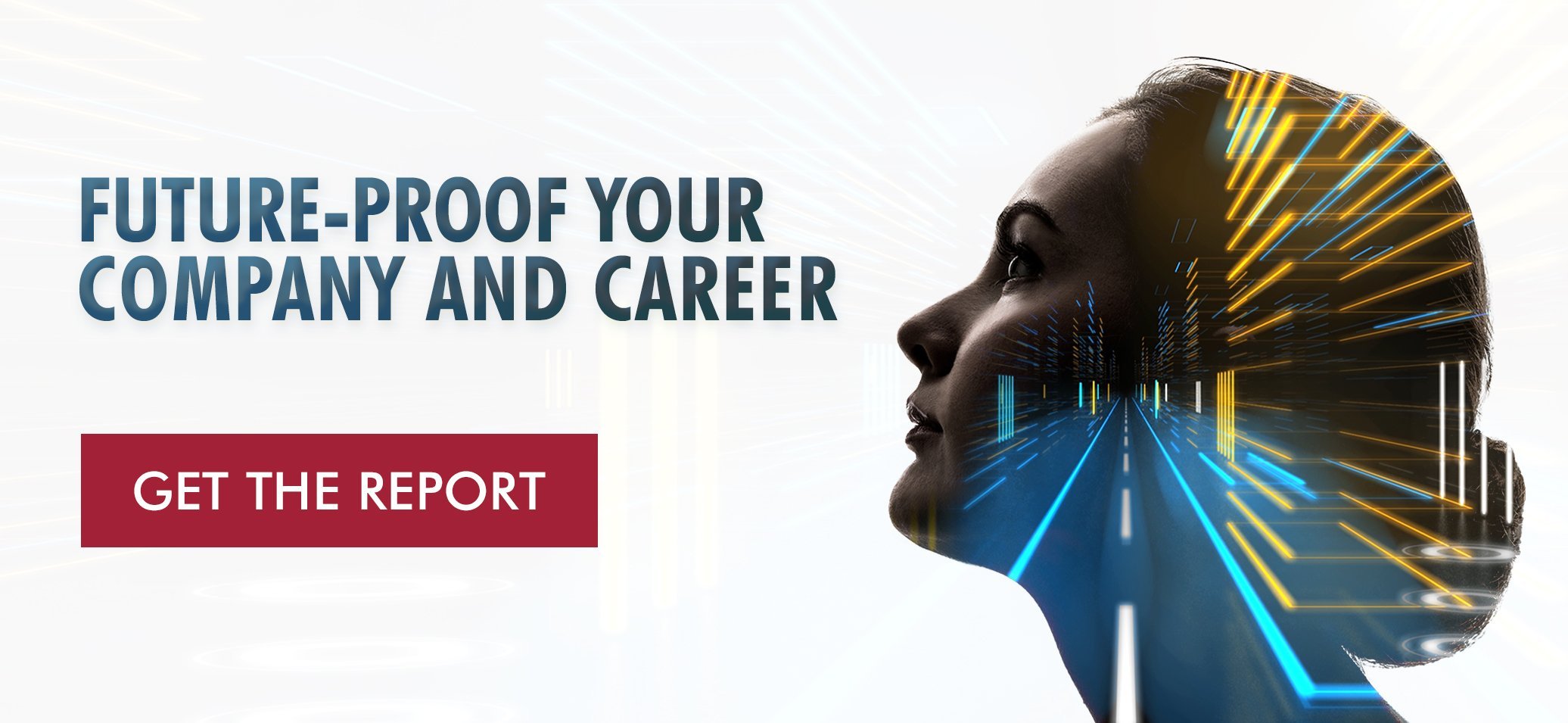Administrative professionals pursuing nonclinical jobs in the healthcare sector today need to be comfortable with technology, to put it mildly.
Why? Because healthcare providers and payers are implementing an increasing array of new technologies to deliver patient care as they expand their use of data analytics, AI, robotic process automation and more. At the very least, administrative professionals sought by these employers need to be adept at practice management and electronic medical records software. They should also have the ability to quickly learn new administrative healthcare technology.
Read on to find out how you can take advantage of these innovative trends regarding nonclinical jobs in healthcare settings, from hospitals to clinics to health insurance companies.
The impact of technologies
The specific practice management and e-records tools employers expect administrative professionals to have include Advanced Data Systems, AdvancedMD and Allscripts.
Turning to newer advances, the Robert Half Jobs and AI Anxiety report identified five key technologies that will have the biggest impact on jobs and how people work. Here’s how they can help you bolster your marketability in the healthcare industry:
- Automation — Process automation allows software programs (also known as bots) to complete repetitive or tedious tasks, freeing up human employees for more strategic work. Examples of job automation in healthcare administration include checking in patients, scheduling appointments and billing.
- Artificial intelligence (AI) — AI technology refers to the human tasks that computers are performing in the workplace. The changes are impacting the administrative side of healthcare via workflow assistance, fraud detection, the identification of clinical trial participants and more.
- Augmented, virtual and mixed realities — These advancements are just beginning to enter healthcare practices but have shown significant promise in helping providers improve accuracy and care. They may be used more often by medical practitioners, but admins may be responsible for inputting data that inform alternate reality programs or explaining educational aids to patients.
- Cloud computing — Organizations are widely adopting cloud computing technologies to deliver apps and store data. In healthcare, the increased security of the cloud is especially crucial when dealing with administrative aspects, such as patient data and records.
- The Internet of Things (IoT) — IoT refers to the way in which objects communicate with one another without needing a human to serve as an intermediary. (Think of your smartwatch or home voice assistants.) IoT is already employed by healthcare facilities to monitor medical supply inventory, collect data and enhance workflow, and its uses are expected to grow substantially.
In our digital age, professional development is more important than ever, and admins often have to take the initiative. If you’re employed, ask your manager about additional training or job-shadowing opportunities. Many providers are in tune with the need for tech-savvy employees and will embrace your eagerness to learn. Job seekers, you should search for online courses, articles or research papers to learn about these tools.
Certifications to consider
Another way to develop your career in healthcare administration is to seek professional certifications, particularly those that will showcase your abilities with relevant technologies. Here are the top four nonclinical healthcare designations, according to our Salary Guide:
- Certified Coding Specialist (CCS) and Certified Professional Coder (CPC) — Codes used by medical practices, hospitals and insurance companies are constantly being updated and becoming more specific. These certifications showcase your expertise in this area.
- Registered Health Information Administrator (RHIA) — This designation highlights your ability to manage patient information and medical records, and to administer computer information systems.
- Registered Health Information Technician (RHIT) — In addition to certifying your ability to accurately enter patient records, the RHIT shows you’re experienced in using computer systems to compile and analyze data that can improve care and cut costs.
Are you an employer looking to hire? Read more about our specialized healthcare staffing solutions.
Salaries for nonclinical jobs in healthcare
Compensation for nonclinical jobs can vary depending on numerous factors. While tech skills and certifications can boost your salary, some employers may also pay more for candidates who are multilingual or those who have several years of experience.
If you want to find the starting salary midpoints for roles from credentialing specialist to medical coding anager to insurance verification clerk, access the latest Robert Half Salary Guide.
Explore the Salary Guide to adjust salary ranges for jobs in your city.
Your specialized administrative career
"Be comfortable with tech" is a good piece of advice for someone pursuing a nonclinical position in healthcare. In fact, you should consider technology to be one of your critical skills as you pursue the roles listed above or others, such as patient registration clerk, insurance referral coordinator, medical scheduler, medical data entry specialist and patient access representative.
By viewing technology as an asset and boosting your abilities to embrace it, you will make yourself more valuable to employers and build your career.








